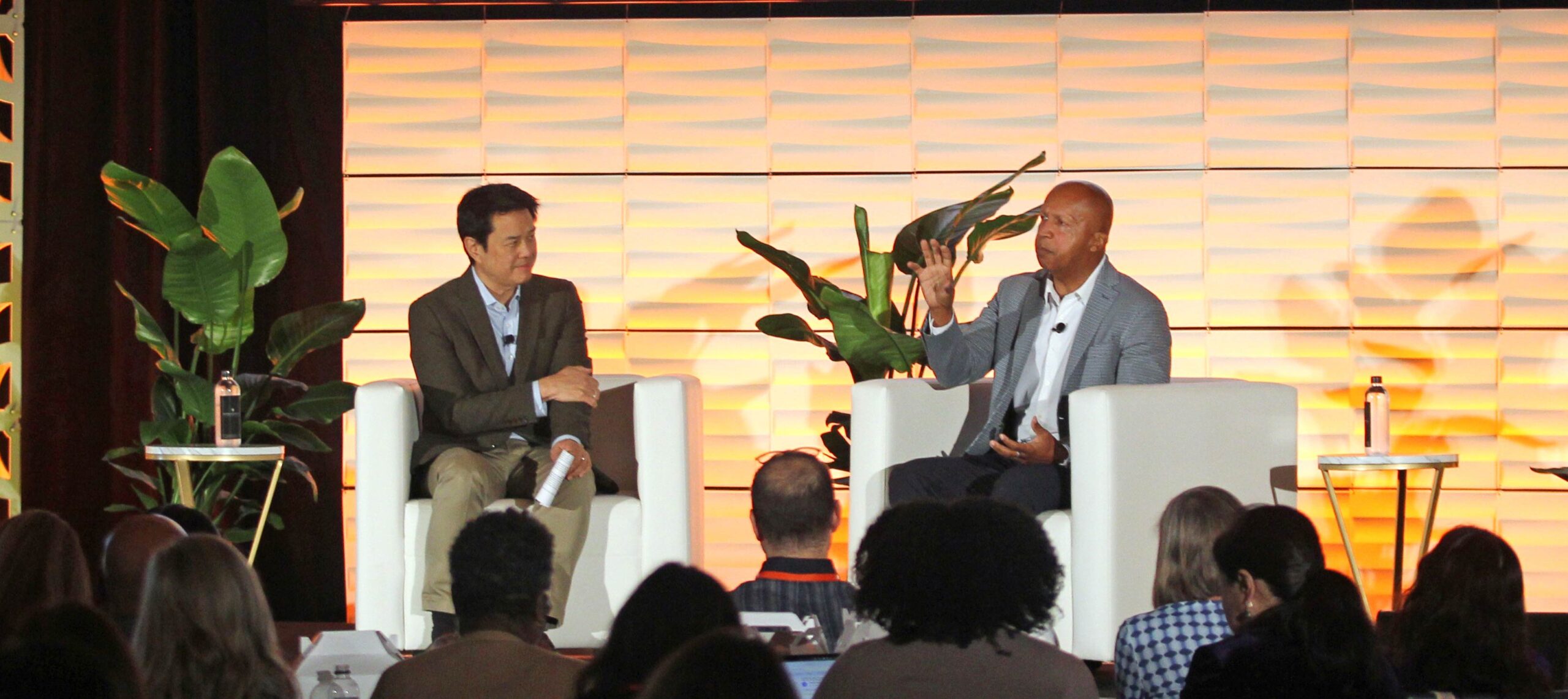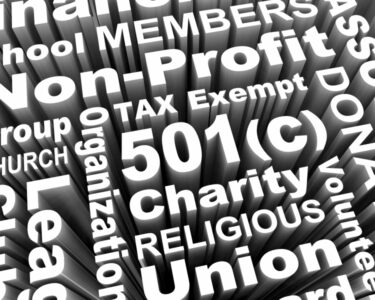The third and final day of CEP2025 began with a concise but comprehensive history lesson: Kelly Lytle Hernández, Thomas E. Lifka endowed chair in history professor at UCLA presented a sweeping tutorial of the history of immigration control in the U.S. If yesterday’s unifying theme was democracy, today’s was an honest accounting of where this moment stands in the “long arc” toward justice.
In Lytle Hernández’ tutorial, she uncovered the U.S.’ history of a legalized, federally enforced immigration system built on racism going all the way back to the early 19th century.
“This is the origin story, folks. It’s carceral, it is counter-revolutionary, and it is fundamentally racist,” she stated.
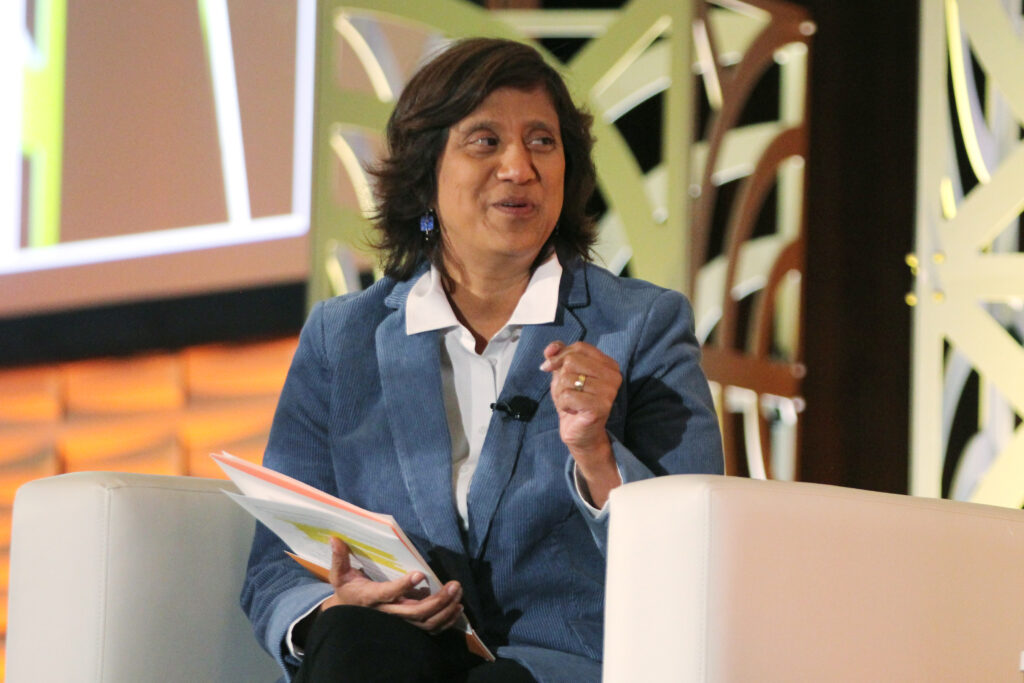
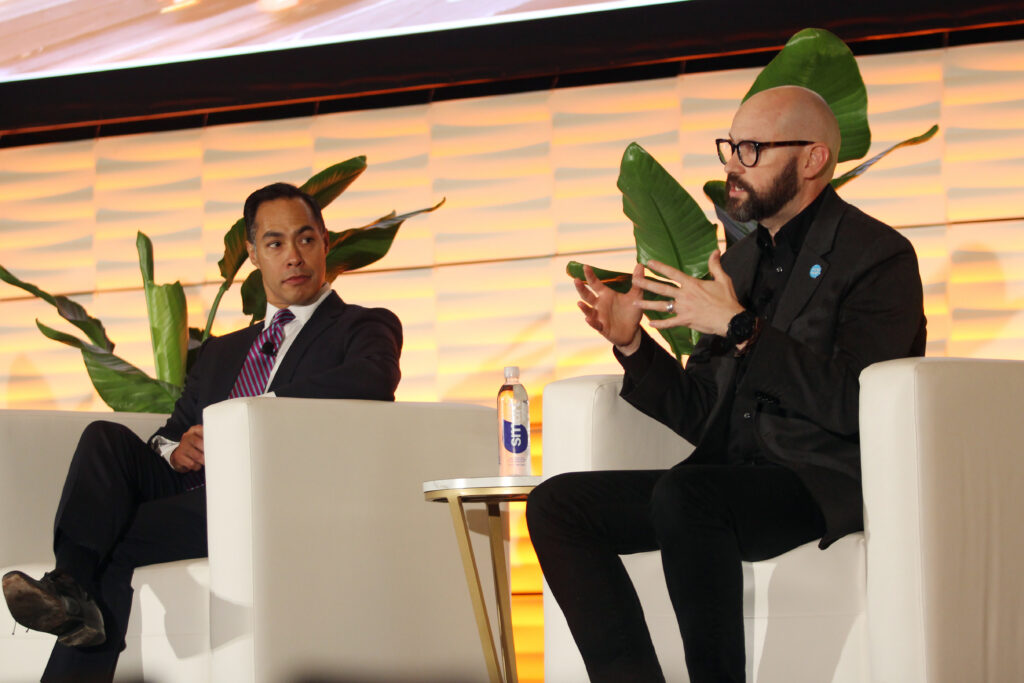
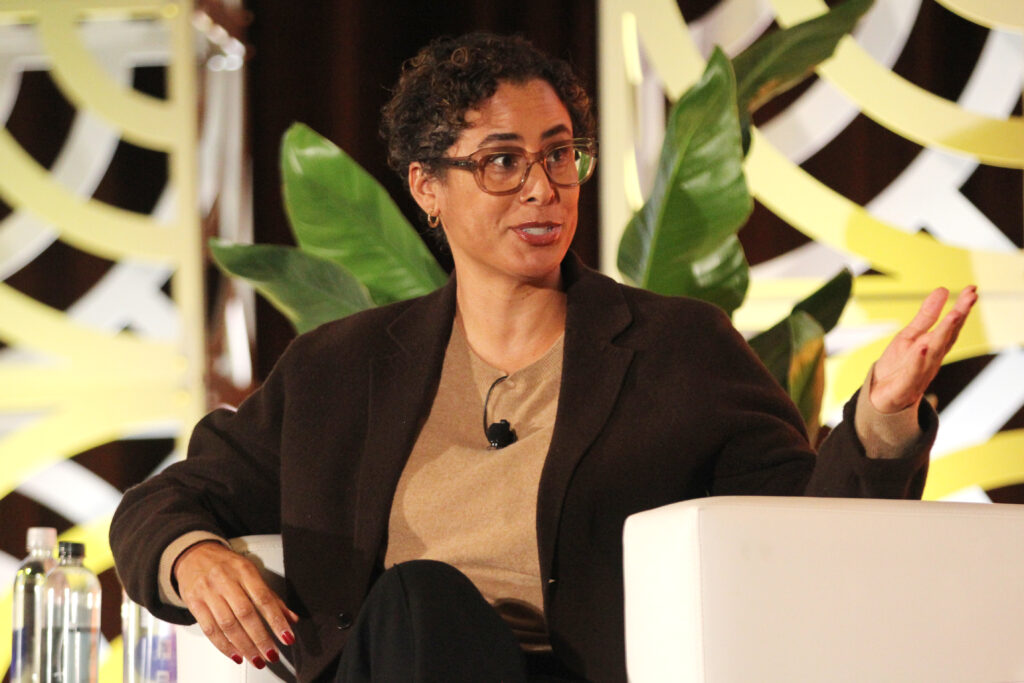


The Long Campaign
Her presentation set the stage for a discussion with leading immigrant-rights advocates and funders about current federal policy and action and the future of the U.S. immigration system.
Executive Director of the Coalition for Humane Immigrant Rights (CHIRLA) Angelica Salas shared her own and her familial story of immigration and naturalization, and exhorted funders to see the real people and human stories behind immigrant advocacy. Julián Castro, CEO of the Latino Community Foundation, echoed Salas, sharing his own family story of immigration and urged that now is the time to be bold. (Hear from both Salas and Castro on the Giving Done Right podcast.)
As the conversation drew to a close, moderator Brenda Solórzano, President and CEO of the California Endowment, added her own exhortation to listeners to use their voices to speak up about the issue as “part of our responsibility as leaders in the field of philanthropy.”
Lytle Hernández concluded by noting the courage it will take to engage in a long-fought campaign for immigrants:
When community members show up to protect their neighbors or to protest the raids … they are engaged in one of the longest social justice campaigns this country has every known, dating back to the early Republic, reaching into the days of slavery. They are at the center of the long unfinished freedom story. So for you, as funders, it’s going to take a lot of resources and probably more risk than any of us, including myself, can comprehend.
Following the morning’s main stage session, attendees split for a final round of breakout conversations, on topics that ranged from countering staff burnout to supporting press freedom to how to practice solidarity with trans communities right now.
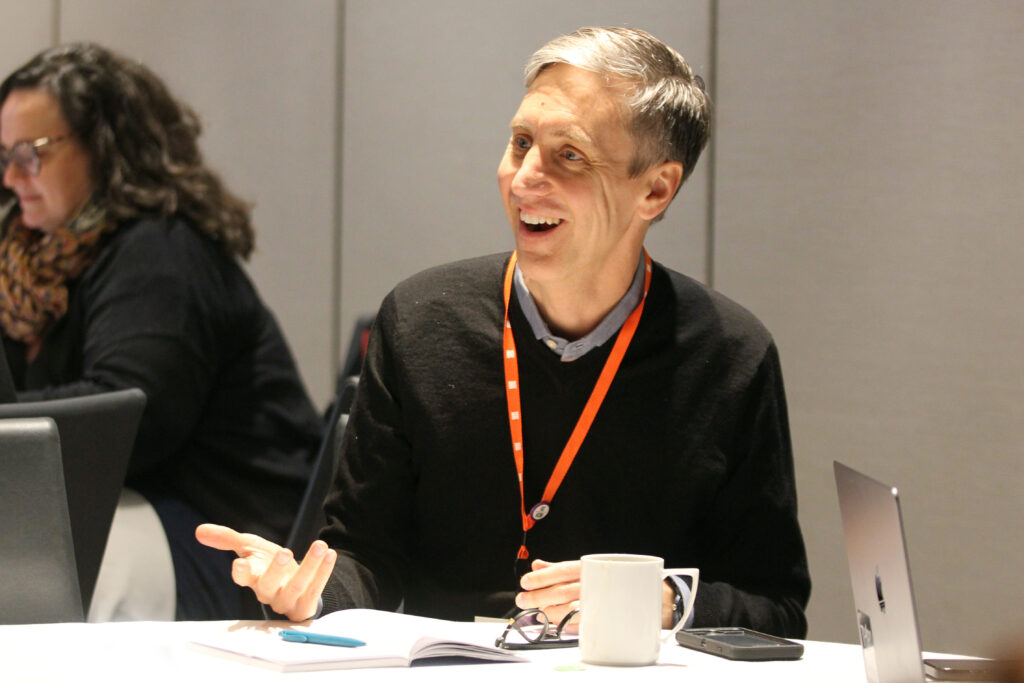
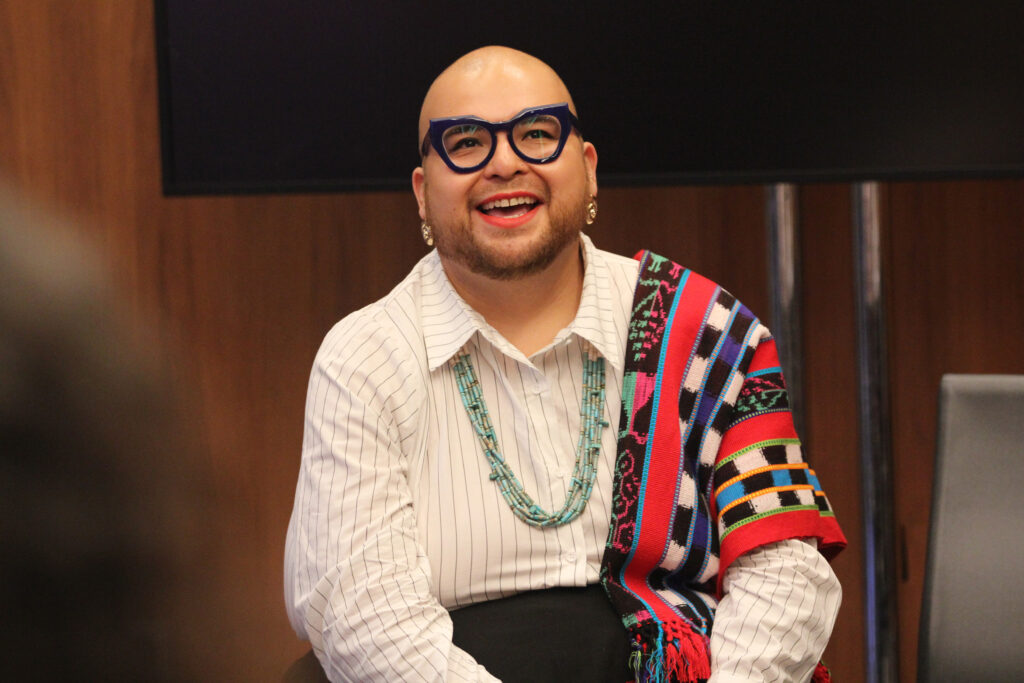
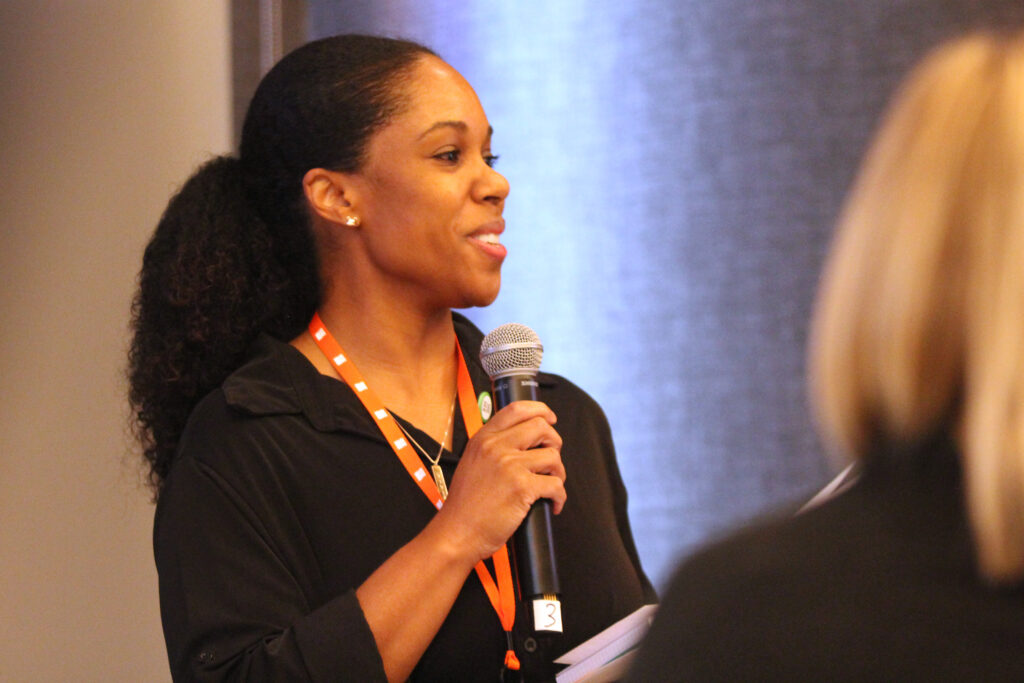

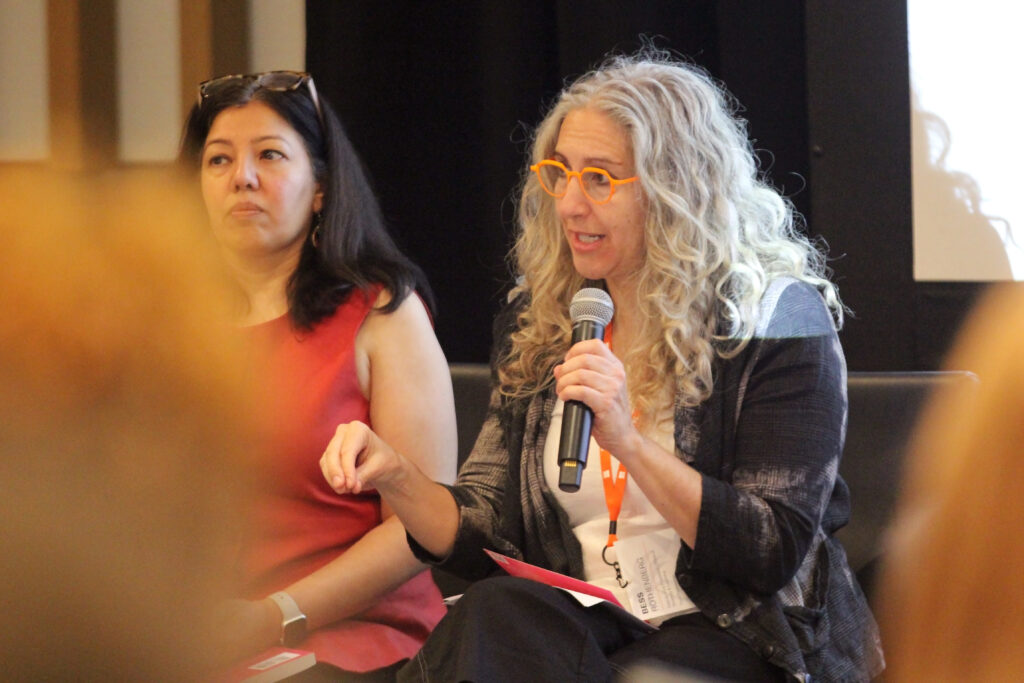
Truth, Narrative, and Hope — Bryan Stevenson’s Message for Philanthropy
Before jetting off to return to grantmaking leadership and advocacy roles across the country and around the globe, CEP2025 attendees congregated in the ballroom for a final word on what moral leadership looks like right now from Bryan Stevenson, founder and executive director of the Equal Justice Initiative.
Stevenson was emphatic about the importance of storytelling and narrative work to push back on dehumanizing systems, institutions, and cultural norms. “I continue to believe the great evil of slavery was the narrative we created to justify enslavement,” he said. “We have to start talking honestly about how we confront this narrative. We can no longer be silent.”
Employing his own talent for engaging an audience with storytelling, Stevenson guided the audience to a better understanding of what this challenging moment in history asks of those in leadership roles and simultaneously offered a profoundly hopeful message: “I’m genuinely persuaded when you are kind, when you are compassionate, when you are loving, you discover things and experience things that add to the quality of your life … Living those values becomes really, really important.”
Asked by moderator Don Chen, president and CEO of the Surdna Foundation about the imperatives of moral leadership in the midst of deep divisions, he pointed to the importance of truth-telling — and uncovering the truth about our history and who we are — a core part of the work of the Equal Justice Initiative:
“We deny ourselves the beauty of justice when we refuse to tell the truth. I think that’s what has to animate what we do. There is something better, something that feels more like freedom, more like equality, more like justice … in this country and across the globe, but we will not get there if we do not have the courage to root [our work in] who we are as people.”

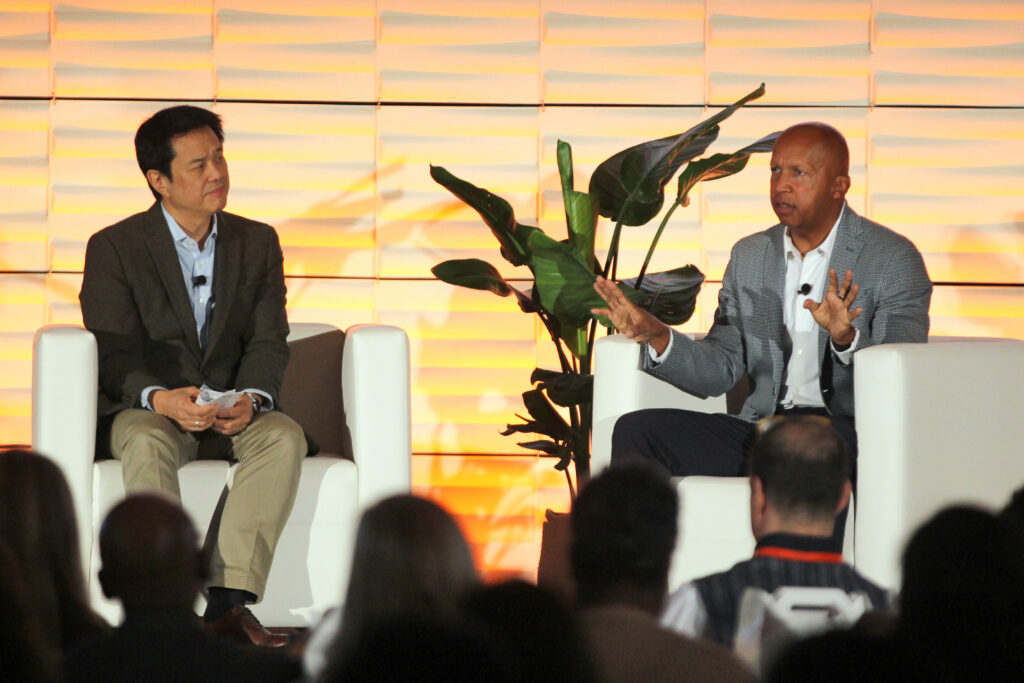
With that sentiment, CEP’s 2025 conference came to a close, marking the largest CEP gathering ever. We’re profoundly grateful to those who joined us in L.A., to our event sponsors, and to all those who shared their knowledge, experience, and insight over the last three days.
Editor’s Note: CEP publishes a range of perspectives. The views expressed here are those of the authors, not necessarily those of CEP.
👇Follow more 👇
👉 bdphone.com
👉 ultractivation.com
👉 trainingreferral.com
👉 shaplafood.com
👉 bangladeshi.help
👉 www.forexdhaka.com
👉 uncommunication.com
👉 ultra-sim.com
👉 forexdhaka.com
👉 ultrafxfund.com
👉 bdphoneonline.com
👉 dailyadvice.us

